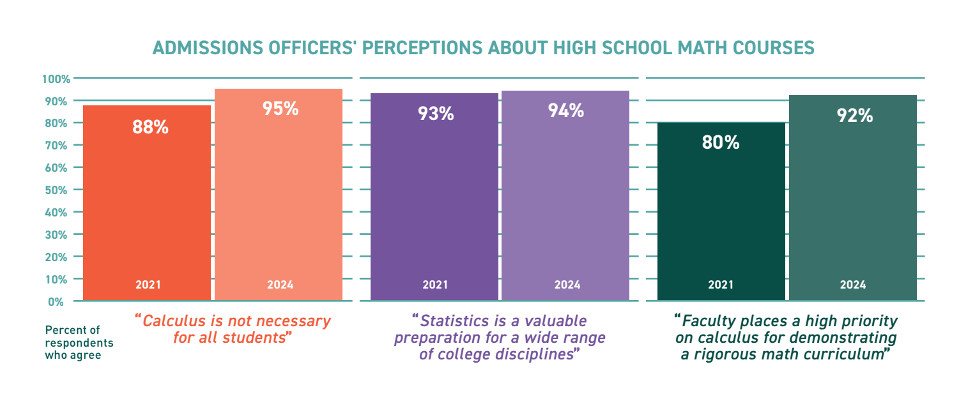Are you concerned about your child’s lying about their addiction? Would you like to learn more about why your child does avoid the truth? It’s … How to Cope with Lying and Addiction Read More
Are you concerned about your child’s lying about their addiction?
Would you like to learn more about why your child does avoid the truth?
It’s hard when our kids lie to cover their substance use problems.
Your child may tell an outright lie, or they may omit information. Either way, it is challenging.
I recently spoke with a mom who was frustrated with her son’s lying.
“I want him to admit the truth,” she exclaimed.
A typical line I’ve heard is, “The drugs are not mine. I’m holding them for my friend.” I remember falling for that one as well. We want to believe anything that will make the problem go away.
Lying seems to be an integral part of addiction. When you think about it, it makes sense. Or does it?
According to Tom Horvath, Ph.D. and president of Practical Recovery, “I don’t think substance users have a monopoly on lying. Anyone who has done something another person disapproves of may misrepresent reality when asked about it. Don’t all of us at times spin/bend/misrepresent reality to others for various reasons?”
“The perspective of the questioner has a major impact on substance users. If you seek to ‘catch’ someone, you will likely hear a story based on not getting caught.”
Truth-Telling
Everyone, at some point, has had to avoid the truth or wiggle out of a situation if they thought there would be negative consequences.
In his article, How to Talk When You Think They’re Lying, Josh King, Psychologist with the Center for Motivation and Change, states, “Lying is a tool that almost everyone uses at one time or another to try and mitigate negative reactions and emotions in others. It’s a human communication strategy that is as old as time itself. When you know that telling the truth will cause the other person to react negatively, it can be tempting to change your story to keep things running smoothly and maintain the relationship. We’ve all done it, and we’ve all seen it work.”
If you have never struggled with an addiction, you will never get what your child is going through. The cravings, lying, and entire lifestyle is foreign and hard to understand.
To gain a better understanding, here are three reasons your child may lie to you:
Lying for Self-Preservation
One of the reasons our kids lie is that they have to keep up whatever facade they have going. Their brain tells them they cannot live without their drug of choice. Your child is in survival mode.
Your child does not want you to question where they are going, who they see, or if they are using drugs. They know you disapprove of their substance use. Being truthful will force them to admit what is going on.
They most likely know that changing their lifestyle would be a positive step. Yet, change is something that can feel frightening. Your son or daughter probably fears the unknown and fears that they will fail. If fear drives their decisions, it is easier for them to keep up the status quo.
To Avoid Confrontation
If your child feels backed into a corner, not being truthful may be their only way out. When your child feels criticized by you, they may lie to cover up their behavior. It can be demoralizing if they are getting an adverse reaction from you.
It is easier to lie about what they are doing than to hear another critical comment from you.
Conversations peppered with questions about substance use are not something your child wants to avoid.
If discussions get hostile, your child may use that opportunity to point fingers at you. Your child may label you as the problem, the person who is constantly nagging or yelling. If your child can find a way to blame you or someone else, it turns attention in another direction, deflecting the real problem.
Confrontation in this situation is not so helpful. It encourages defensiveness which often leads to more lying. Your child may want to duck the truth rather than disappoint you yet again.
Shame and Guilt
According to the Narconon Blog, “They have to tell lies to mislead people about where they were when they were out buying or using drugs or alcohol. They have to lie about where the hundreds or thousands of dollars went. The more they feel they need drugs, the more likely they are to feel the need to lie.”
Your child most likely feels ashamed about their drug or alcohol use. They may be embarrassed about their inability to stop and regret their past actions. While they did not set out to hurt you, they know they are causing you pain. The more pain they cause, the worse they feel. Their drug use can seem like a welcome relief.
It all becomes a vicious circle of pain to ease with their substance use. To admit their habit would mean having to suffer the consequences.
The use of drugs or alcohol is one problem. It is hard to find a dignified way out with the added shame and guilt. Lying becomes a way to cover up what your child is too ashamed to admit.
What Can You Do?
It is not your fault that your child lies. Yet, it is helpful to think about your reaction and tone when talking with your child.
The more your child feels you are willing to listen, the easier it will be for him to want to tell you the truth.
Take time to understand the motives behind your child’s behavior, whether it is their substance use or lying.
 My book answers many of the questions readers of this post may have – including how to help their child find recovery compassionately. Click on the book for more information. I hope the book is helpful.
My book answers many of the questions readers of this post may have – including how to help their child find recovery compassionately. Click on the book for more information. I hope the book is helpful.
As I mentioned earlier, confrontation is not helpful. You don’t need to verbally back your child into a corner to get them to admit the truth. Instead, notice and acknowledge when you know your child is being honest.
Also, it will be easier for them to be more truthful with you if they know you will have a compassionate approach rather than a punitive one.
Fear can often hold your child back from stopping their substance use. It also is what holds them back from telling the truth. While I know firsthand that your child’s lying can be exhausting, it is better to focus on the positive aspects of their behavior as much as possible.
What have they done well in the last few days? When have they been willing to open up to you truthfully? Focus on that.
According to Megan Wagner, a licensed mental health and addiction counselor, “Individuals with substance use disorders and mental illness do whatever they need to do to survive despite the long-term negative effects. I urge loved ones to consider compassion over judgment when being lied to. While I’m not suggesting we condone dishonesty, I do think that the more we can look past the behavior to see what’s truly going on for our loved ones, the more likely it is that we will be able to support them more effectively with loving-kindness and compassion. And through compassion, they can begin to let their resentments fade away, which is a more peaceful place from which to exist in the world.”
In conclusion
We can all agree that dishonesty is challenging for a parent. Focus more on building a better life than getting them to admit to lying.
You can build trust over time. Most of us are honest when we don’t have something to cover up.
Remember when your child was honest and forthcoming in their earlier years. Remain hopeful that positive change can take place. Your child has the potential once again to be that person you remember who has nothing to hide.
Thank you for reading. I know you have many options for content. Don’t forget to sign up for the Sunday newsletter with information and inspiration to help parents. Sign up now.
And consider getting access to my online course, Regain Your Hope, which gives you an action plan to help your child. Know that your child can change. Love, Cathy

















